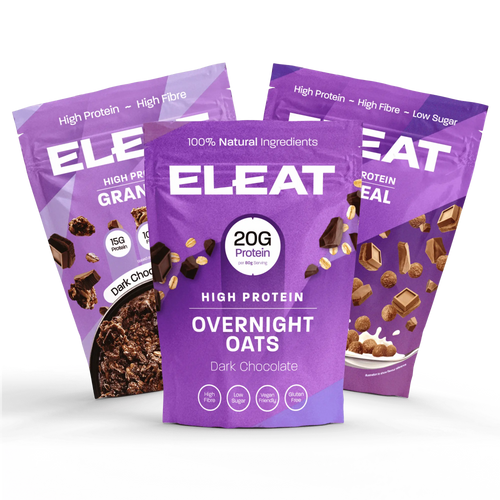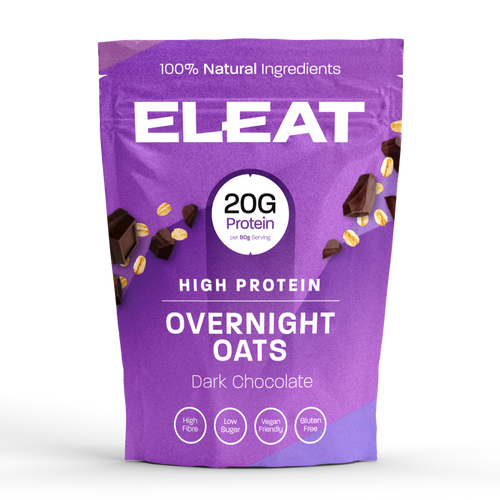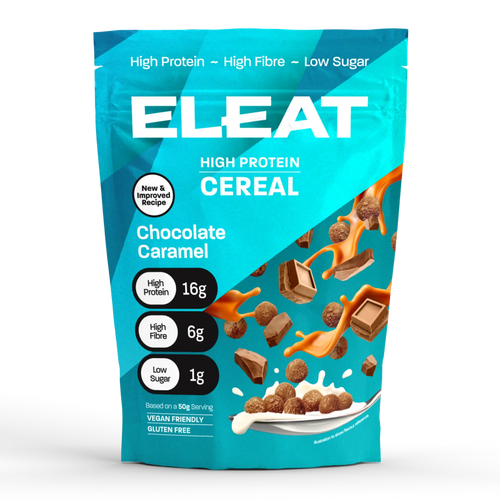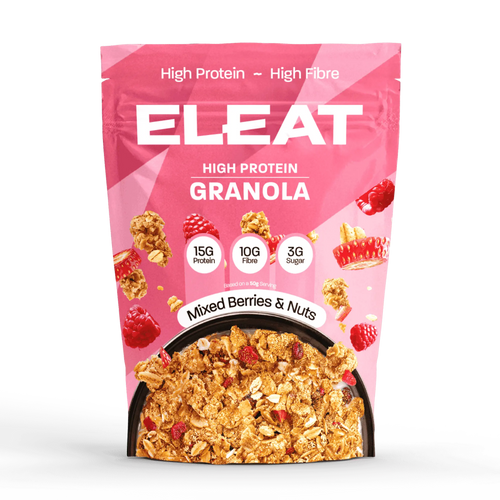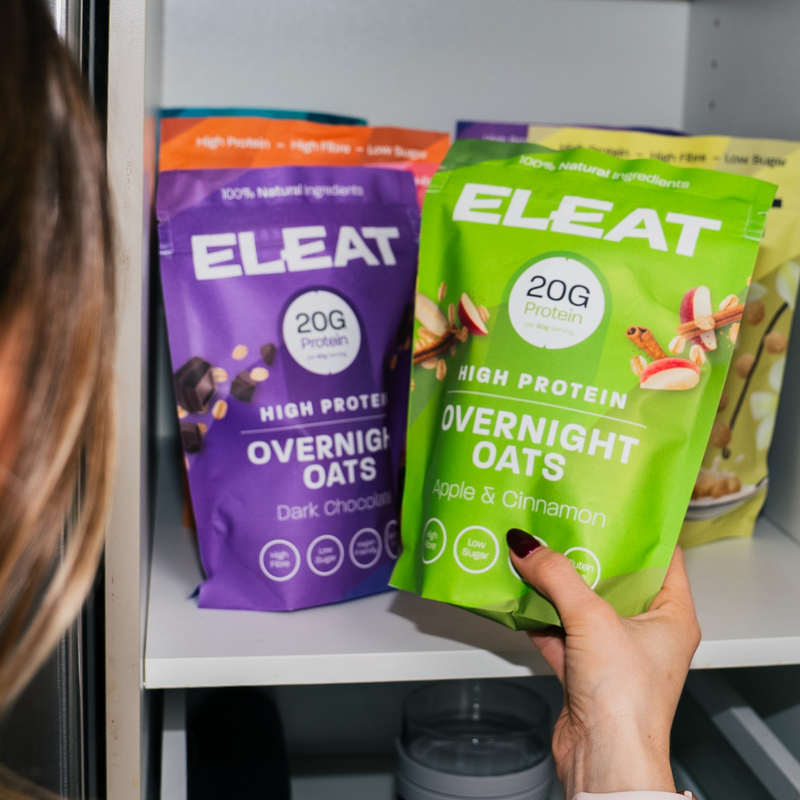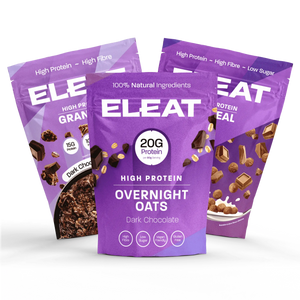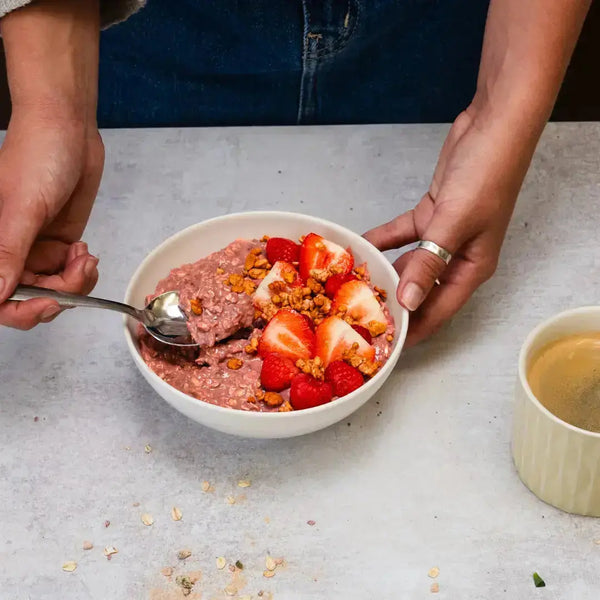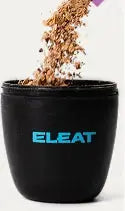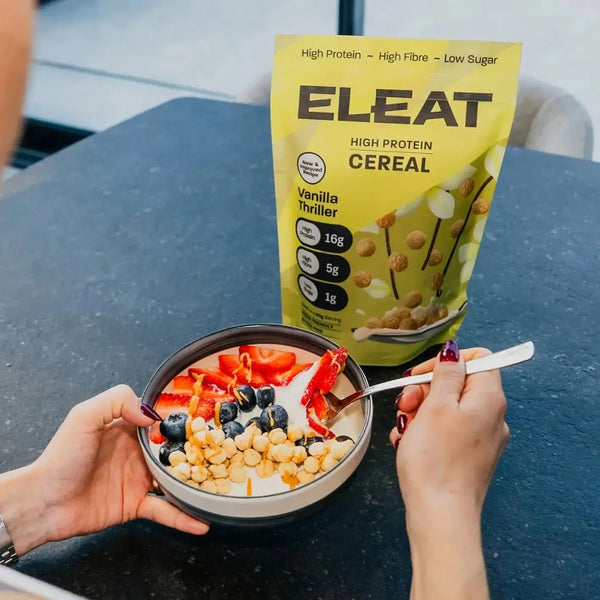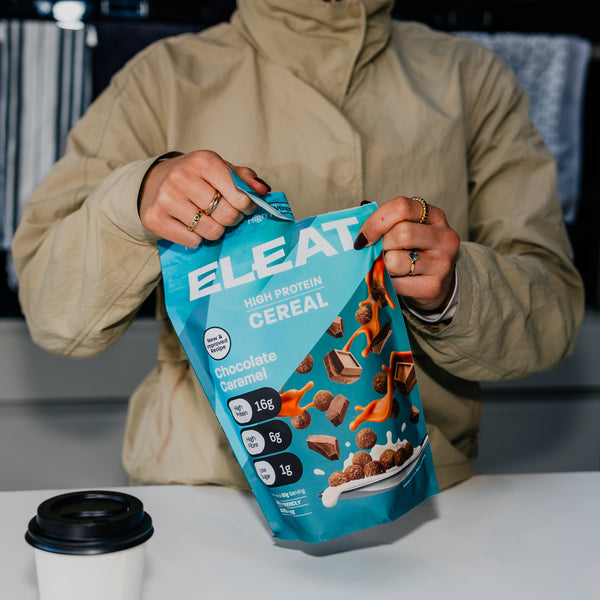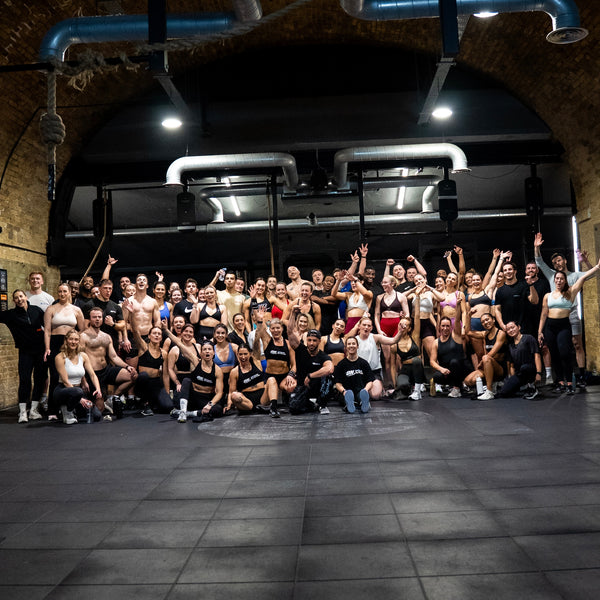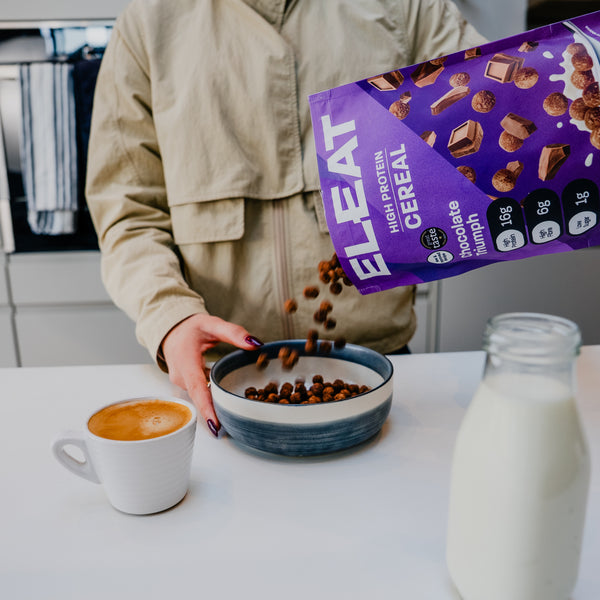In this article:
Protein is one of the most talked-about nutrients, and for good reason. It plays a vital role in everything from building and repairing muscles to supporting your immune system and keeping you full between meals. But while most of us know we need protein, the question of how often we should eat it often gets overlooked.
In this article, we’ll dive into how frequently you should be consuming protein, why timing can matter, and how to structure your meals to get the most benefit from this essential nutrient.
Why Protein Is So Important
The Body’s Building Block
Protein is made up of amino acids, often called the building blocks of life. Every cell in your body, from muscle to skin to organs, requires protein to function. It’s also essential for enzymes, hormones, and various chemical processes.
More Than Just Muscle
Although protein is often associated with bodybuilders, its importance goes far beyond that. Protein helps regulate metabolism, supports the immune system, and contributes to satiety, meaning it helps you feel fuller longer. This makes it especially useful in weight management and healthy ageing.
How Much Protein Do You Actually Need?
General Guidelines Based on Activity
Before diving into frequency, it’s helpful to understand how much protein you need each day. For the average sedentary adult, the Recommended Dietary Allowance (RDA) is 0.8 grams of protein per kilogram of body weight (or about 0.36 grams per pound).
However, that number increases with activity:
Active individuals: 1.2 to 2.0 g/kg
Strength trainers/athletes: 1.6 to 2.2 g/kg
Older adults: Often benefit from 1.2–1.5 g/kg to offset age-related muscle loss
So if you weigh 70 kg (154 lbs) and are moderately active, your needs may be closer to 100–130 grams of protein per day.
Total Intake First, Then Timing
It’s important to hit your total daily protein goal before worrying about when you’re eating it. But once you’ve got that down, spreading it out through the day becomes the next step to optimising your health and performance.
How Often Should You Be Eating Protein?
Spreading Protein Through the Day
Eating protein regularly throughout the day helps your body maintain a steady stream of amino acids, which is ideal for muscle maintenance and overall health. Research suggests that distributing protein evenly, rather than eating most of it in one meal, can better stimulate muscle protein synthesis (MPS), the process by which your body builds muscle.
In practice, this means consuming protein every 3 to 5 hours, aiming for 20–40 grams at each main meal, depending on your size and goals.
The Ideal Protein Pattern
A simple way to structure your protein intake might look like this:
Breakfast: 25–30g
Lunch: 25–35g
Dinner: 25–40g
Optional snacks or shakes: 15–25g
This kind of distribution supports both muscle recovery and sustained energy throughout the day.
Meal Timing Examples Based on Goals
For General Health and Satiety
If your goal is to maintain energy and avoid snacking, eating moderate amounts of protein at each main meal (three times per day) will help you stay full and support daily repair functions.
Example:
8 AM Breakfast: Greek yoghurt with nuts and berries
1 PM Lunch: Chicken salad with beans and avocado
7 PM Dinner: Salmon with quinoa and steamed vegetables
For Muscle Building or Fat Loss
If you're strength training or working on body recomposition, consider adding a protein-rich snack or shake between meals or after workouts to stimulate MPS more frequently.
Example:
7 AM Breakfast: Eggs with toast and spinach
11 AM Snack: Whey protein shake or cottage cheese
2 PM Lunch: Turkey wrap with hummus
6 PM Dinner: Lean beef stir-fry with rice
8 PM Post-workout: Casein protein or Greek yoghurt
What About Intermittent Fasting and Vegan Diets?
Intermittent Fasting and Condensed Eating Windows
If you’re practising intermittent fasting, you may be limited to 2–3 meals per day. In that case, it’s still possible to meet your protein needs, you’ll just need to ensure each meal is protein-dense. Focus on quality sources like eggs, lean meats, legumes, and protein powders.
Plant-Based Protein Considerations
For those on vegetarian or vegan diets, hitting protein targets may require more attention. Plant proteins are often lower in some essential amino acids, so it’s important to eat a variety: beans, lentils, tofu, tempeh, quinoa, nuts, and seeds. You may need to eat slightly more total protein to compensate for differences in digestibility and amino acid profiles.
Tips to Help You Hit Your Protein Goals
Plan Ahead
Protein is easiest to manage when it's part of your planning. Think ahead about where your protein will come from each day, whether that's batch-cooked chicken, boiled eggs, or a prepared smoothie.
Start With Breakfast
Many people under-consume protein in the morning. Swapping traditional cereals for high-protein alternatives like ELEAT can massively help you get in extra protein without even noticing. Or, using Greek yoghurt can dramatically improve your intake right from the start of the day.
Keep Snacks Functional
Instead of chips or crackers, consider snacks that double as protein boosts: beef jerky, protein bars, edamame, cottage cheese, or nut butter on whole grain toast.
Conclusion: Consistency Over Perfection
While your total daily protein intake is the most important factor, how you distribute it throughout the day can make a significant difference, especially if your goals include muscle maintenance, fat loss, or performance. Aim to eat protein every 3–5 hours, building each meal around a quality protein source.
You don’t have to be perfect. Just consistent.
And if you’re unsure where to start, try tracking your intake for a few days; you might be surprised at how small changes can yield big results.
